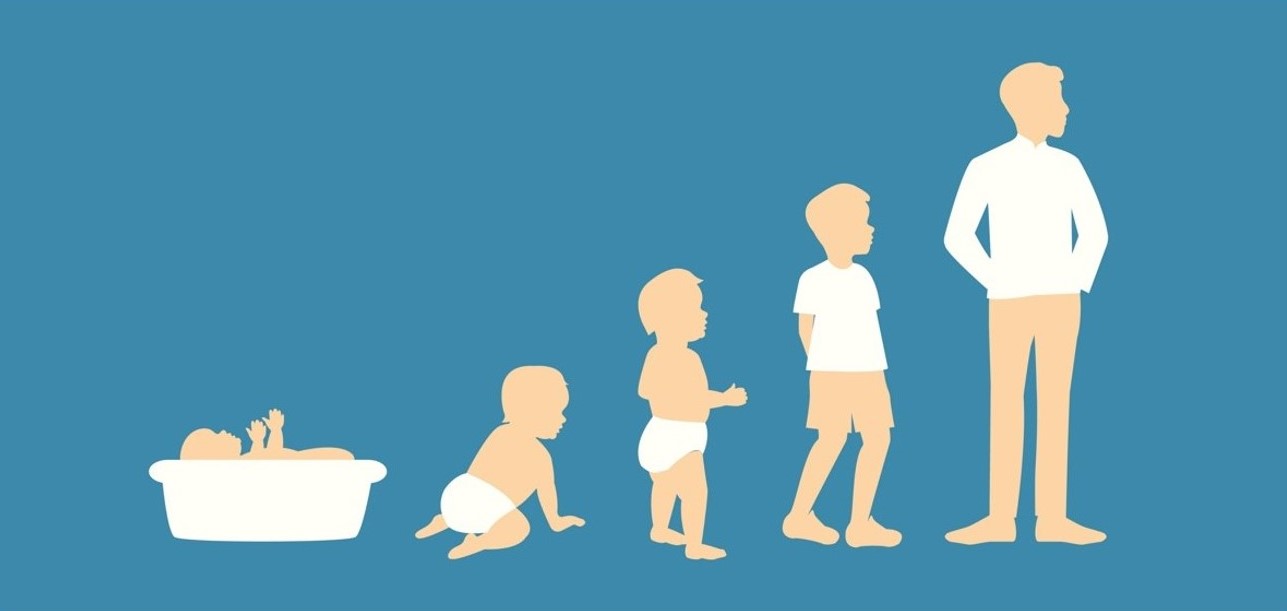Hong Kong, 1 November 2023: “Be nice to your children,” advises comedian Steven Wright, “After all, they’re going to choose your nursing home.” As ever, the best humour has an element of truth to it. In acknowledging the role reversal that sees offspring shoulder responsibility for ageing parents, Wright’s quip also highlights the lifelong commitment involved in having kids.
Not only does parenting take up a huge amount of your time and energy while demanding from you infinite patience, it also requires deep pockets. A Hang Seng Bank survey reckons the average annual cost of raising a child in Hong Kong is HK$284,000, which equates to more than HK$6 million from birth to finishing university. Ouch!
Given such sums, HK$20,000 is a drop in the ocean. Yet this is what John Lee is handing out to the parents of every child born between now and October 2026, a measure unveiled in his latest policy address that has attracted much discussion. He has acted because Hong Kong’s birth rate is at its lowest ever level. The number of births has dropped from 52,900 in 2019 to 32,500 last year, a 40% decline over four years. Our city has the lowest fertility rate in the world, according to the United Nations Population Fund.
The Chief Executive says it is his administration’s new mission to “promote fertility”. Aside from the cash handout, families with newborns will also receive priority when buying a government-subsidised flat, while those in the queue for public housing will have their wait times reduced by one year. In addition, quotas at subsidised day care and afterschool centres will be expanded to support working parents. There are also tax concessions around home loans and rents.
Taken together, these measures are welcome but hardly likely to cure a HK$6 million headache. Welfare experts acknowledge as much. Society for Community Organization deputy director Sze Lai-shan describes the baby bonus as “great news” for low-income families planning to have children, but hardly an incentive for anyone else. Sociology professor Adam Cheung agrees, noting: “It’s not all about money.” Exactly. High living costs, limited housing space, work demands, cultural shifts and the growing popularity of a child-free lifestyle are all factors.
In fairness, John Lee is not pretending his measures will have a seismic impact. He agrees that having children is a major life decision and concedes that “experience and research worldwide make clear government policies alone cannot boost fertility substantially”. As such, it is better to regard his initiatives as sweeteners rather than sweeping reforms.
And that, my friends, rather sums up his policy address. Countless new schemes – his speech clocked in at three hours and 21 minutes, shattering the record he set last year – but nothing transformative. University business lecturer Simon Lee describes it as “not aggressive enough” while independent lawmaker Doreen Kong believes our leader has cooked a big feast with many dishes but no overall theme for the menu. Continuing the dining concept, centrist legislator Tik Chi-yuen – who represents the welfare sector and was hoping for meaningful measures to alleviate poverty – feels the Chief Executive has offered “old wine in a new bottle”.
While acknowledging the difficulties John Lee faces – our economy is struggling to recover following three years of draconian Covid restrictions – there is a feeling he has missed his chance to make an ambitious, combative stand on housing, the yardstick by which his term(s) as Chief Executive will surely be measured. Hong Kong’s chronic housing shortage is well documented: we have the most unaffordable residential property market in the world, while subdivided flats (residences carved up into cubicles that often pose hygiene and fire safety hazards) and cage homes (exactly as they sound) are a blight on our city.
The Chief Executive has “tackled” the issue in his policy address by setting up a new task force to define minimum standards for subdivided flats with regard to fire safety, sanitary conditions and living space, although he has stopped short of declaring a licensing regime. Alas, Deputy Financial Secretary and task force chief Michael Wong, thus empowered to get tough with rogue landlords, has immediately dampened expectations: “Let’s not have an assumption that all subdivided units are currently substandard.” Sigh.
As population health academics Bai Yiming and Paul Yip note in their excellent opinion piece for the South China Morning Post, “the scarcity and cost of housing has made it difficult for young couples to find suitable and affordable places to raise a family”. They conclude that “increasing the supply of affordable housing for everyone should be the goal, as it means an improvement in the quality of life”.
On this latter topic, it should be stressed, your writer has no complaints. I have just returned from the Rugby World Cup (well done, South Africa) and, refreshed and reinvigorated, am immersed once more in work, family and the gym. Busier than ever. Rest assured, dear readers, no-one – anytime soon – will be choosing my nursing home.
Until next time, everybody!
Colin Cohen
Senior Partner
Boase Cohen & Collins



